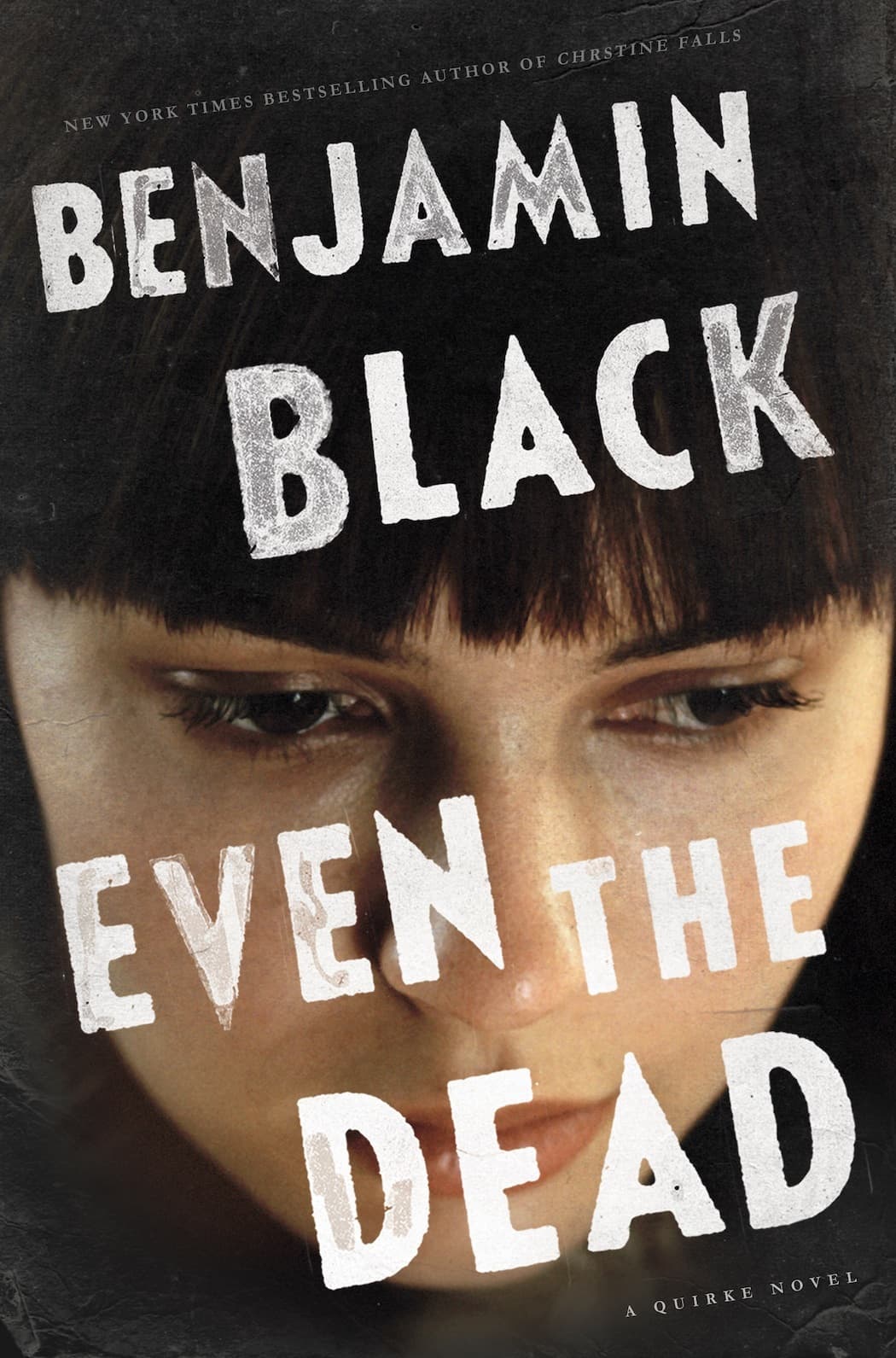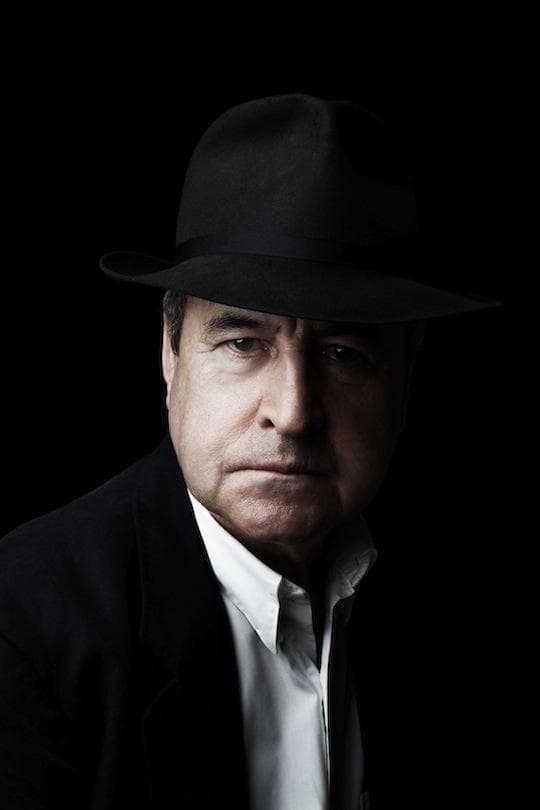Advertisement
Banville Unleashes Benjamin Black And Quirke For Another Dublin Delight
It’s gotten to the point where I look forward more to an appearance by John Banville’s alter ego, Benjamin Black, than I do to Banville himself, as much as I admire the Nabokovian adventures and musings of the Man Booker Prize winner.
As standing sleuths go I can’t think of a better one than Quirke today — though Quirke isn’t really a sleuth at all, he’s a pathologist working in the Dublin coroners' office. But Quirke’s corpses don’t rest easy, they tell him something in their way about the nefarious doings of Dublin in the 1950s. Particularly as concerns the Catholic Church and its, well, ungodly power to do evil and Banville/Black/Quirke hardly shy away from telling us the story of its abuse of trust.

At one point he’s asked, “Do you really not believe in God, Quirke?” He answers, “I believe in the Devil. That was the one thing they taught us to believe in, at Carricklea” (the Catholic orphanage in which he was brought up). Later he tells his daughter, “This is Ireland, Phoebe. There’s nothing the church can’t get away with.”
The Dublin of the seven Quirke novels has its charms, but beneath the pub pints, his colleague’s twinkles (Hackett, the real detective in the stories) and the witty repartee, Dublin is a “mean and mendacious little city,” one in which everybody is walking under a cloud of one sort or another. No wonder the Gabriel Byrne TV series based on the Quirke novels hasn’t made its way to America.
Yet Quirk is not as depressive as he thinks he is. He still has the psychic wherewithal to quote Ezra Pound — “What thou lovest well remains … the rest is dross” and he still has the political wherewithal to do the right thing, much as the powers that be have literally tried to beat it out of him. Hackett is a soulmate in not giving in to the mores of the church. There’s a brief flashback to the 1940s when he let a well-known Dubliner go after catching him with another man.

Banville seems more comfortable than ever in his Benjamin Black skin. His droll observations about the world around Quirke are a delight — “She looked like a framed snapshot of herself” — and he allows himself to engage in more of the word play that we associate with the non-Black novels.
The Quirke novels have always been more character-driven than the others and the writing here about Quirke’s half-brother, Mal, now dying of cancer is heartbreaking. “Mal had supported [his father] and covered up for him, had made excuses, told lies, had forged documents, even, to save the old man from having to pay for his wrongdoings. And all he had got in return was his father’s contempt.”
That’s a reference to the original Quirke novel, “Christine Falls.” It was the first indication that Banville had this other more playful and straightforward — but no less literary — side to him. Maybe every great writer has a Benjamin Black inside him. These seven Quirke novels prove that they ought to let him out.
Ed Siegel is editor and critic at large of The ARTery.
